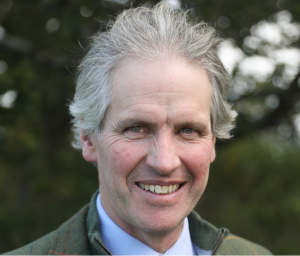
Julian Matthews
Founder
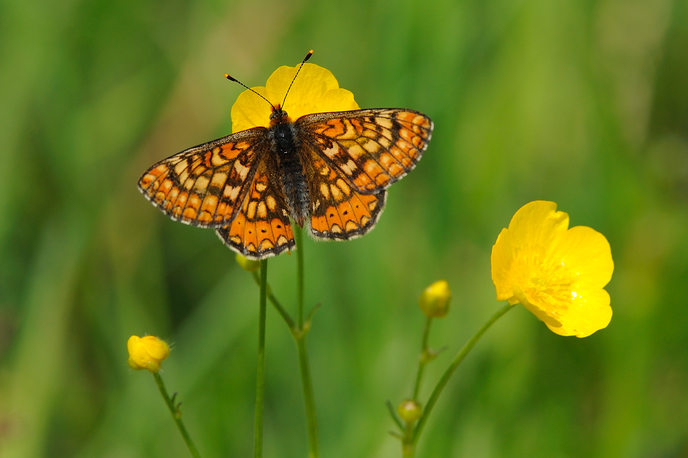
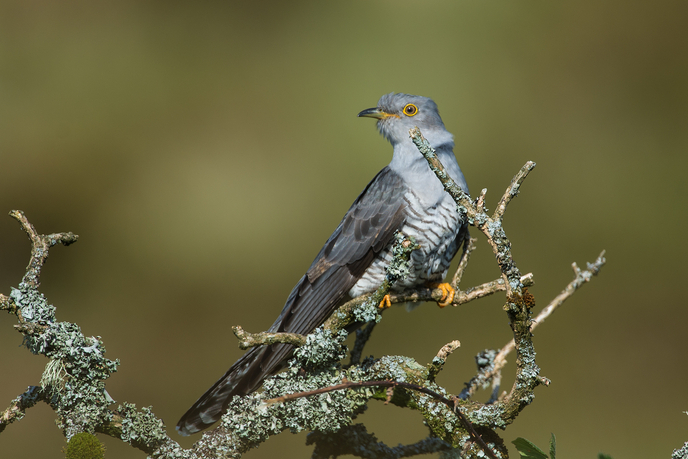
Real Wild Estates are a nature-based solutions-focused organisation, supporting landowners and land holders to identify diverse income streams which finance ecological restoration – delivering benefits for businesses, communities and the natural world.
We understand the challenge faced by those balancing food production, energy provision and land management with the pressure to deliver on biodiversity needs, soil health, climate resilience and environmental targets.
Our aim is to create new nature rich landscapes, new job opportunities and financial revenues that help the land buzz again. We want our clients to aim wilder, and to understand the value of restoring their lands to nature.
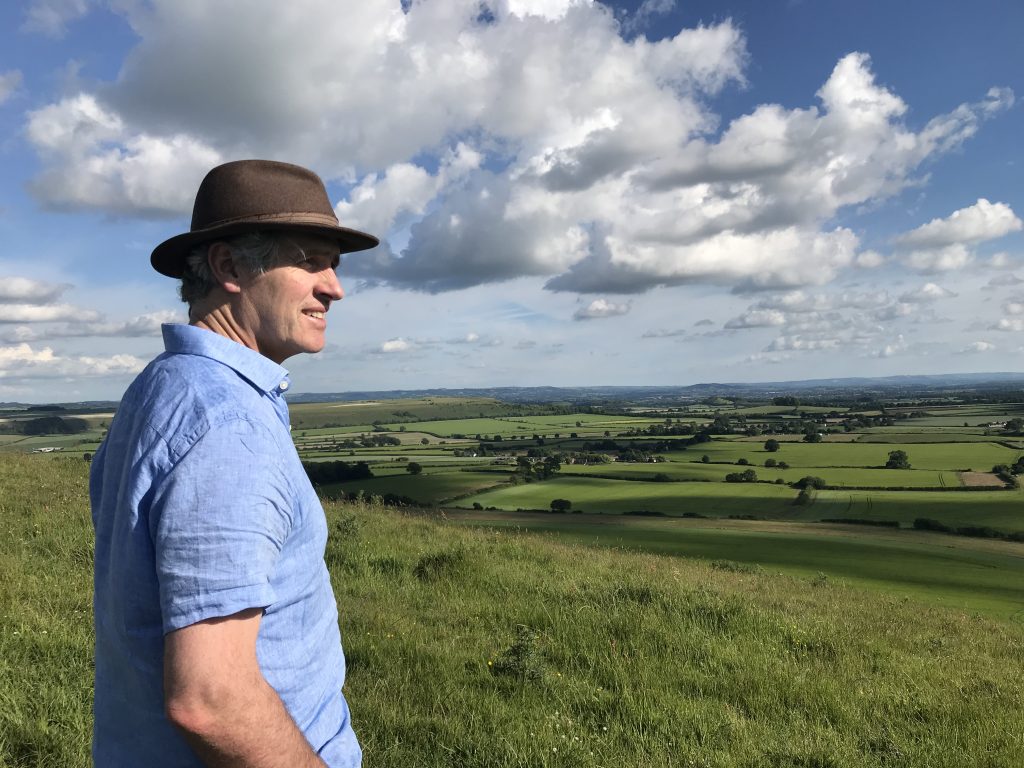
Inspired by my own family’s nature-recovery efforts from the 1970’s in Southern Africa, my career has sought to promote wildlife recovery by understanding and actioning the real economic drivers behind it.
My conclusion is that we will never restore nature and its wildlife, both globally and here in the UK, unless it is far more economically advantageous to do this than any other land use option.
The great news is that there is real economic reasons and viable returns now, post Brexit, with new nature focused payments and natural capital income streams, and with some great exemplars and pioneers, including ourselves, leading the way. We now have the tools, skills and headwinds to transform and restore our once far wilder isles.
I feel optimistic about the positive changes that can be brought about; encouraging greater co-existence with our natural world; ensuring climate resilience and enhancing well-being for all.
There is simply no time to lose.
Nature recovery is no longer an option but an imperative if we are to address the planetary crises of climate catastrophe and biodiversity loss.
By 2030 we want to have realised our vision for 100,000 acres of ecologically restored and yet economically productive landscapes which are powered by landholders, enjoyed by people, valuable to local communities and financed with diverse, natural capital-focused income streams.
By combining nature restoration with viable land use strategies, we help you find the balance between nature recovery and income needs, ensuring returns for nature – and for you.
Imagining ecologically sustainable landscapes, considered for long term viability in a changing world.

Unique modelling tools for forecasting futures (agri-environmental, natural capital and other diversion payment opportunities) to provide tailor-made, nature based solutions.

Accelerating the creation of diverse habitats and soil health to encourage the return of species.

Hand holding throughout the restoration journey – measuring and monitoring to ensure the right actions, impacts and results.

Founder

Founder
With a career in wildlife conservation through his an award-winning nature tourism business he has been at the forefront of the economics behind saving wildlands and wildlife. As well as Real Wild Estates, he is also the Founder of the TOFTigers charity in India and a member of IUCN TAPAS group for global protected areas.
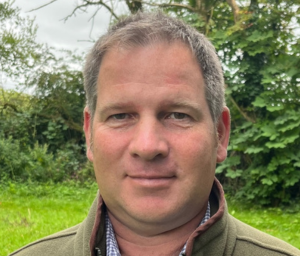
MD & Head of Natural Capital

MD & Head of Natural Capital
With expertise in farm and estate management and rural consultancy, Tom has practical expertise with new natural capital markets and its various schemes, including Biodiversity Net Gain and regenerative farming. Integrate nature recovery within economically viable land management, Tom budgets, actions and monetises nature recovery as a land use option.
Some questions and answers to help your understand of our mission and service offerings.
The British Isles has lost the vast majority of its wilder places, functional ecosystems, biodiversity and bio-abundance. It’s in the bottom 10% of the global ‘ecological intactness’ scale. Simple conservation and protection of remaining wild assets is not enough, and the present system has failed to halt the catastrophic wildlife decline in our countryside. Ecological restoration or rewilding is about restoring nature’s functioning ecosystem – ideally at scale – to something many of our own grandparents would have recognised and enjoyed. It’s not just about restoring species but the very natural processes that protect our society and our communities and enhance protection against ongoing climate change and biodiversity loss.
Britain has faced a remorseless, continuous and country-wide decline of its wildlife since the Industrial Era, which has dramatically accelerated in the past fifty years, to the point where many once-common species now are extinct or face extinction. At the same time, with only 6% of our land built upon, millions of wildlife-loving voices and our policymakers are encouraging nature based solutions and biodiversity recovery, so now is the ideal time for businesses, NGOs, landholders and the public to turn things around on the remaining 94%.
Real Wild Estates is a business that facilitates nature recovery at scale through providing both the ecological and critically, the financial wherewithal to make this viable as a land use option. We offer our services to present farmers, landowners and portfolio landholders or those prospective landholders. We believe nature recovery is best served by a pragmatic focus upon ecological recovery alongside rural community recovery and jobs creation, managing landscapes as viable, sustainable and profitable enterprises, thus facilitating and ensuring holistic nature recovery on as large a scale as possible. We provide the expertise from ecological processes to wildlife restoration, extensive grazing to natural produce, ecological land management to financial modelling, ecotourism to species reintroduction, ecological baselining to natural capital brokering – to ensure this a viable long term land-use.
The short answer is – very little. Some areas of the UK are productively farmed and Real Wild Estates totally supports British farmers and the growing of our own food. However there are many areas of the UK which are not capable of supporting food production, either agriculturally poor land or marginal areas of landscape, supplying little or no food to our table, where biodiversity could and should be restored to its greatest potential, and where nature restoration can now become the most viable, socially-responsible, environmentally necessary and climate-savvy activity to be undertake. Furthermore we encourage regenerative and organic practices wherever possible, recognising that these approachs to soil health and fertility is the very bedrock of any vibrant natural ecosystem. It is these areas where Real Wild Estates focuses its attention.
Restoring nature is now a viable activity that restores jobs, promotes health and wellbeing and enhances social cohesion, especially in its access to nature, in flood prevention and climate resilience. A functional ecosystem in a restored landscape provides carbon sequestration through woodland regeneration, slows the flow of water into our rivers and consequently our towns, villages and homes, and generates wildlife for the wider region and pollinators and pest controls for our farmers. Conservation based grazing and woodland creation, and other conventional land roles can all dovetail into nature restoration – alongside new roles in land management, hospitality, accommodation, ecology, guiding and nature tourism, creating a wider and more varied rural employment base.
All rural businesses including farms and estates require financial returns to remain solvent and to continue employment, opportunities and engagement for the next generation. In these uncertain times for farmers, estate owners and other landholders, we help the transition towards greater ecological restoration and nature recovery as a core business opportunity. At Real Wild Estates we aim to play a role in helping create more resilient land-holdings and more bountiful landscapes and consequently, drive wider employment increases in the rural sector and greater opportunities to participate and collaborate in the countryside. Ultimately, restoring nature pays – not just financially – but in terms of health and wellbeing, water quality, climate security and social outcomes – to rural based communities.
All markets are increasingly moving towards a realisation, driven by our global biodiversity and climate crisis, that positive environmental improvements should be recognised, quantified and rewarded within the financial system. Carbon is an emerging market in this regard, with a financial value now attributable to sequestering carbon through peatland restoration and woodland creation here in the UK. In addition, biodiversity, water security and phosphate/nitrate sequestration (nutrient neautrality) and removal, are all becoming fundable activities. The UK Government’s subsidies through ELMS are increasingly weighted towards nature recovery. Real Wild Estates aims to help landowners and land holders maximise their natural capital through verifiable ecological restoration, including woodland, wetland and peatland restoration actions.
There is potential, in this new marketplace, for ‘greenwash’ so Real Wild Estates work with a carefully selected number of UK based partners, to make verifiable and independently accredited carbon and other natural capital payments here in the UK. These lands can be visited, and are monitored and assessed annually as the landscapes biodiversity increases over time. Real Wild Estates working only in UK land management on biodiversity recovery, so the estates and land projects we manage can be managed and showcased as ‘best practice’ as standard operations with this new natural capital support.
Real Wild Estates works as a ‘nature first’ service provider, advisor and land manager on behalf of its clients. We do this initially with a call, then a visit, followed by carrying out a range of comprehensive reports that provide the vision and roadmap as to how to viably and sustainably restore nature and improve the number of jobs and opportunities on a landholding over a 5, 15 and 30 year period. We then act as a ecological management partner or overseer, on an agreed basis (e.g retainer) to help clients see through a long term vision for that land – with social, economic and ecological targets to attain. We also offer some bespoke services to clients.
None of this can happen, however, unless the land-holding is running as a healthy and viable enterprise – creating a valuable services for clients and valuable natural habitats and homes for wildlife.
Real Wild Estates primary and unique focus as a business is on ecological or ‘ecosystem restoration’. The end result is that natural processes are kick started to ensure long term habitat repair and nature recovery. This is an important and deliberately holistic approach to biodiversity restoration (or rewilding) and how we do this has to be carefully tailored to suit each landscape. This requires, besides our own skill sets and expertise, a range of specialist expertise from accredited partners and sub-contractors, in keeping with other land management agencies.
We can offer a range of packages to landowners or real estate investors.
Click here for more details on our packages.
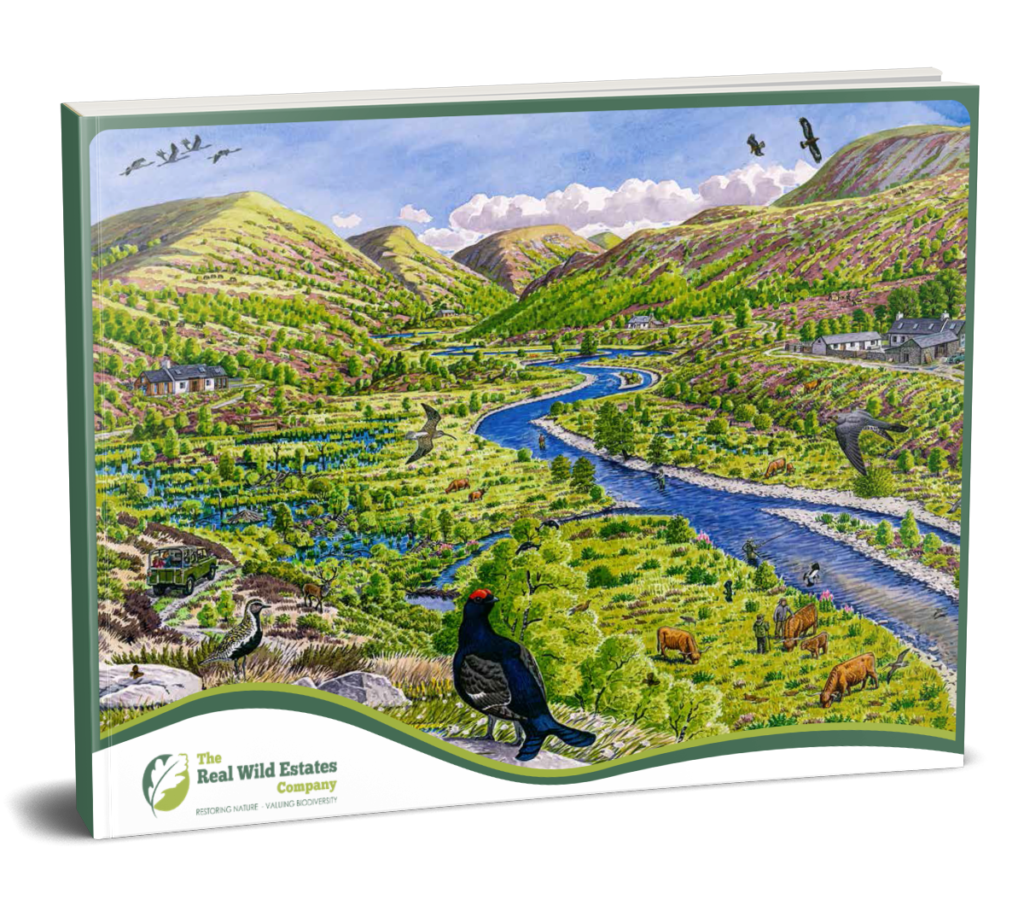
Please complete all the details below. Your data is subject to our Privacy policy here.
"*" indicates required fields